Elementary Phonics Worksheets for Ages 4-8
35 filtered results
-
From - To
Unlock the magical world of reading with our Elementary Phonics Worksheets designed for ages 4-8. These engaging, age-appropriate activities provide a fun, structured way to learn phonics, the essential building blocks of literacy. Through interactive exercises, children will practice letter sounds, blending, and pronunciation to boost their reading confidence. Our expertly crafted worksheets combine colorful visuals with playful scenarios, making learning enjoyable and effective. Ideal for both classroom use and at-home practice, these resources support young learners in mastering the alphabet and developing essential reading skills. Help your child embark on their reading journey with our comprehensive phonics collection!
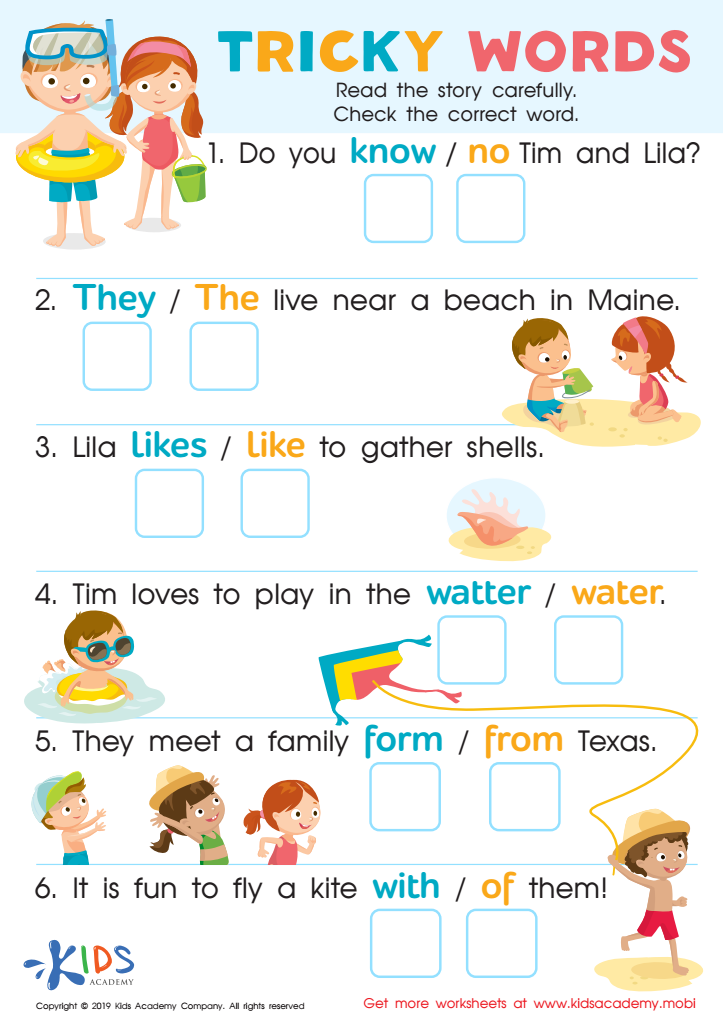

Tricky Words Worksheet
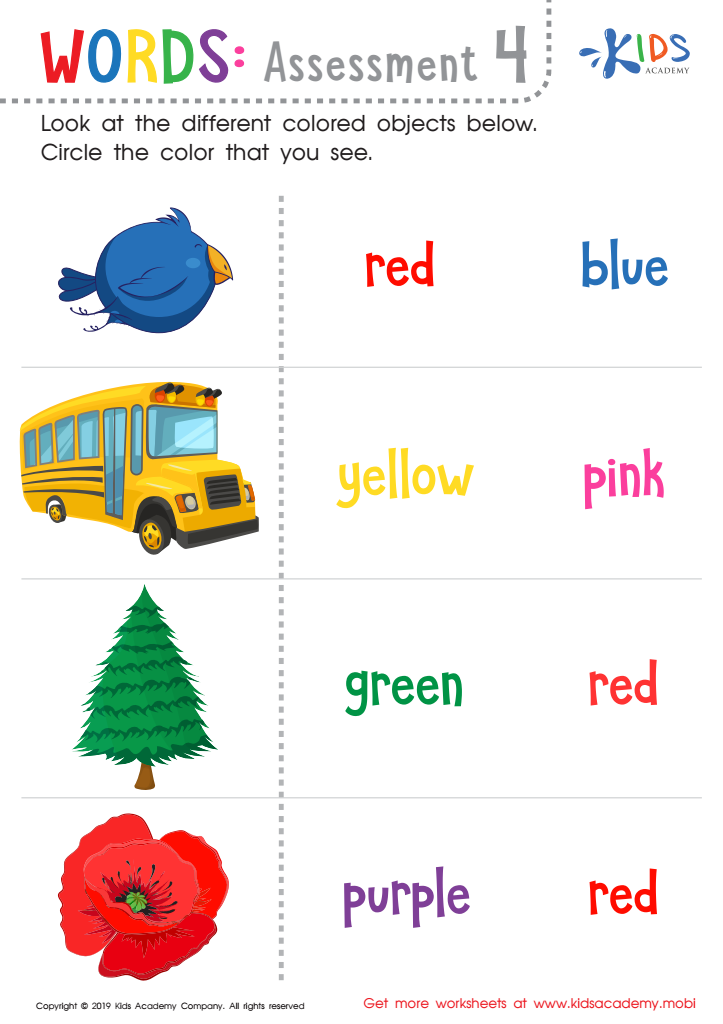

Words: Assessment 4 Worksheet
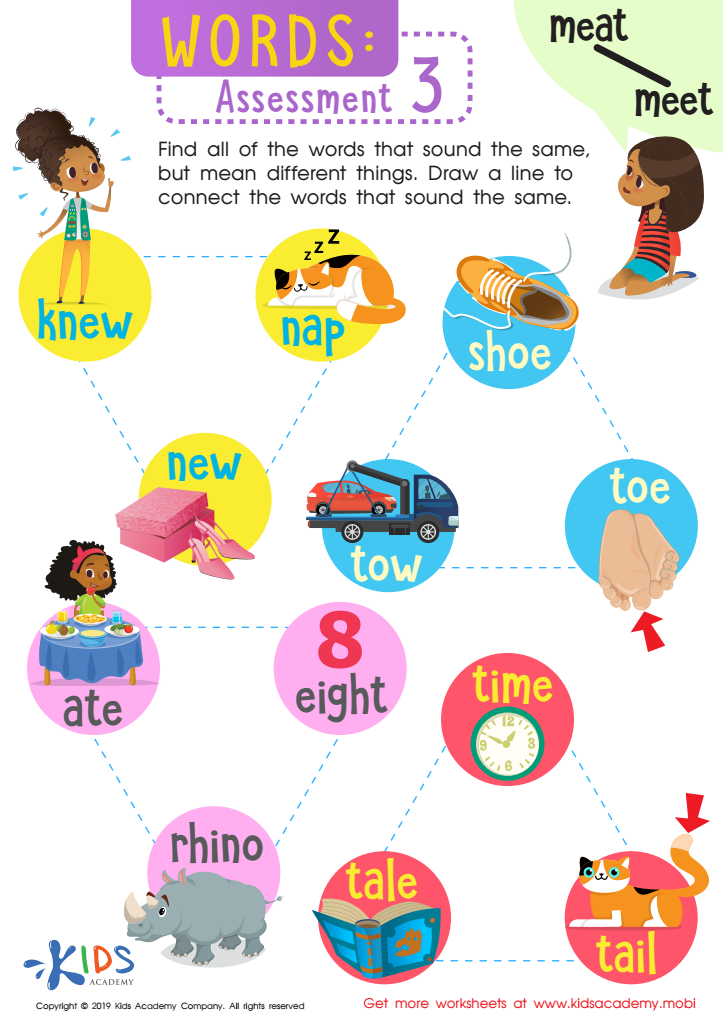

Words: Asessment 3 Worksheet
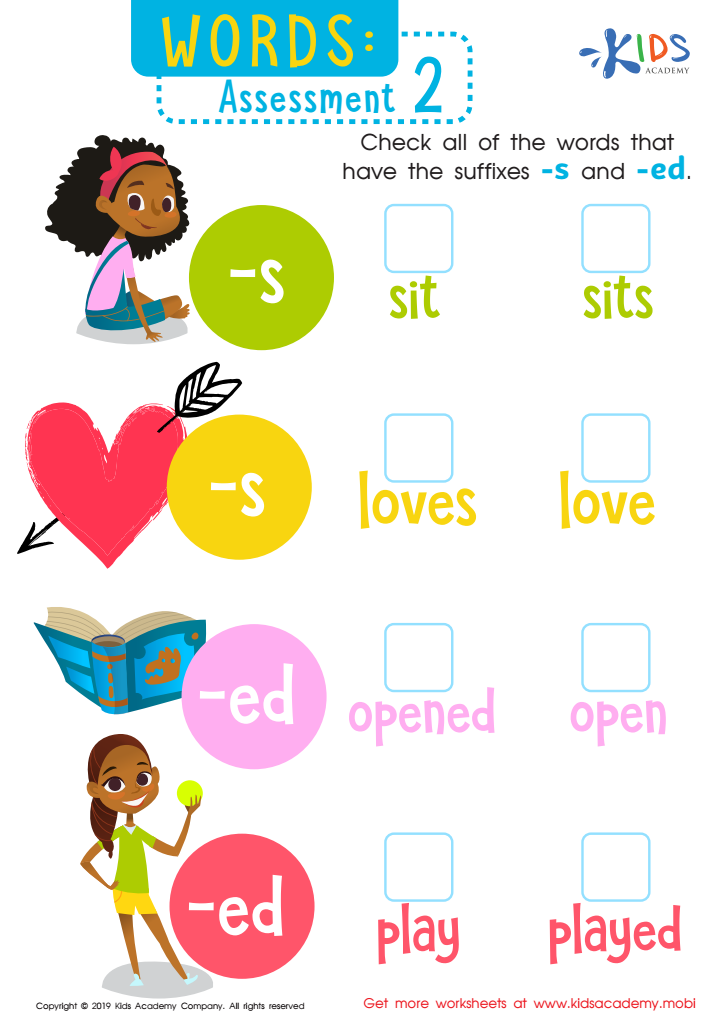

Words: Assessment 2 Worksheet
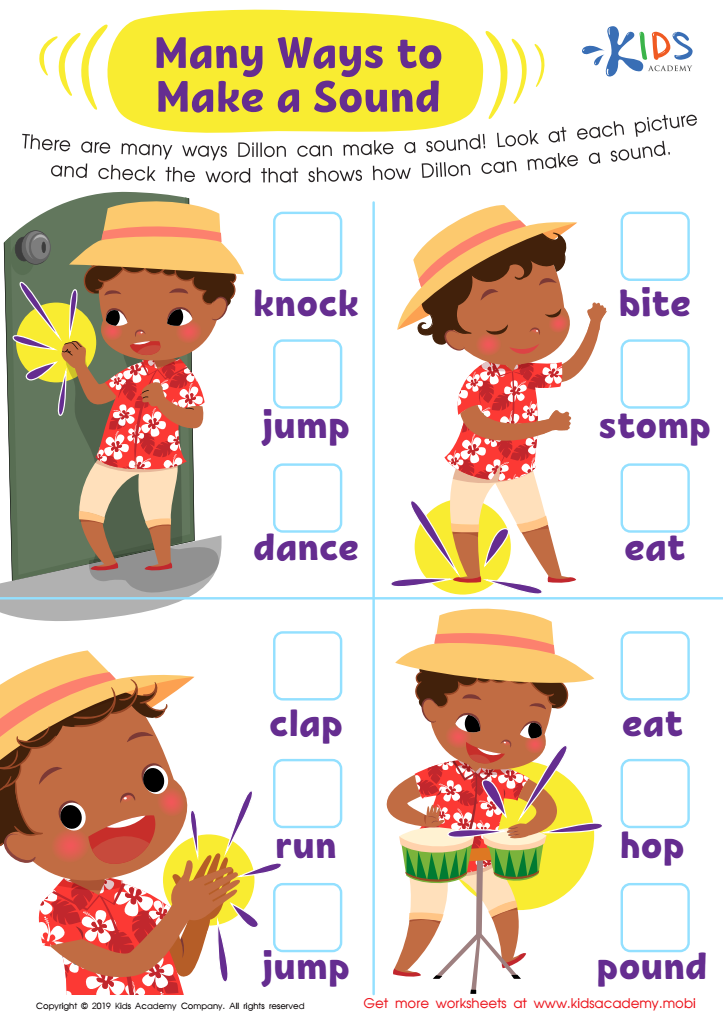

Many Ways to Make a Sound Worksheet
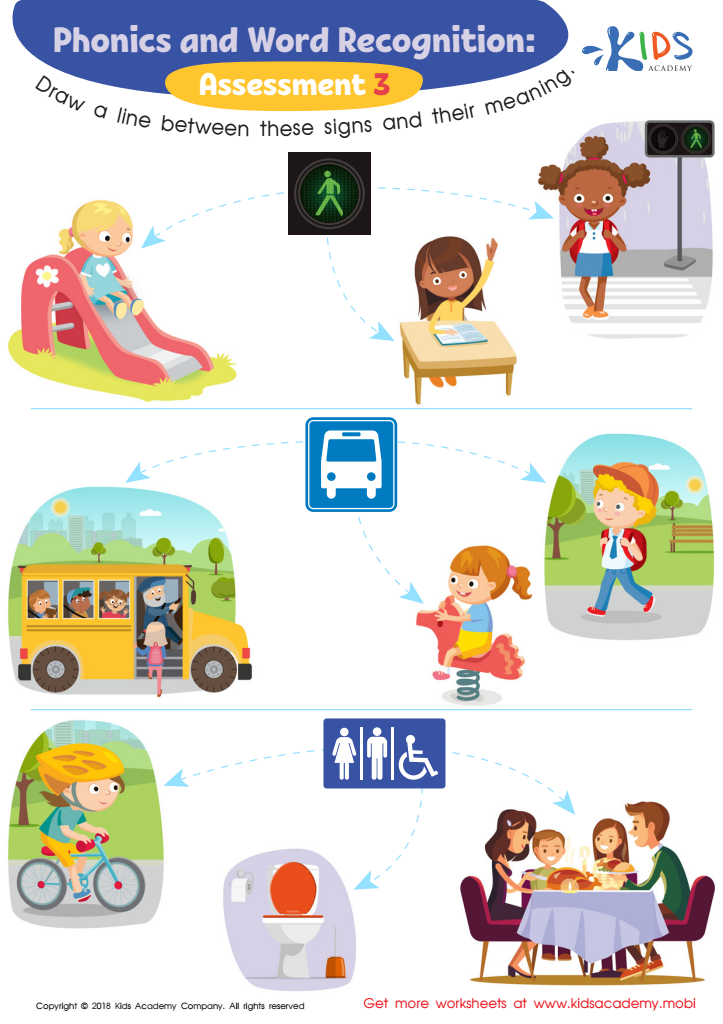

Phonological Awareness: Assessment 3 ELA Worksheet
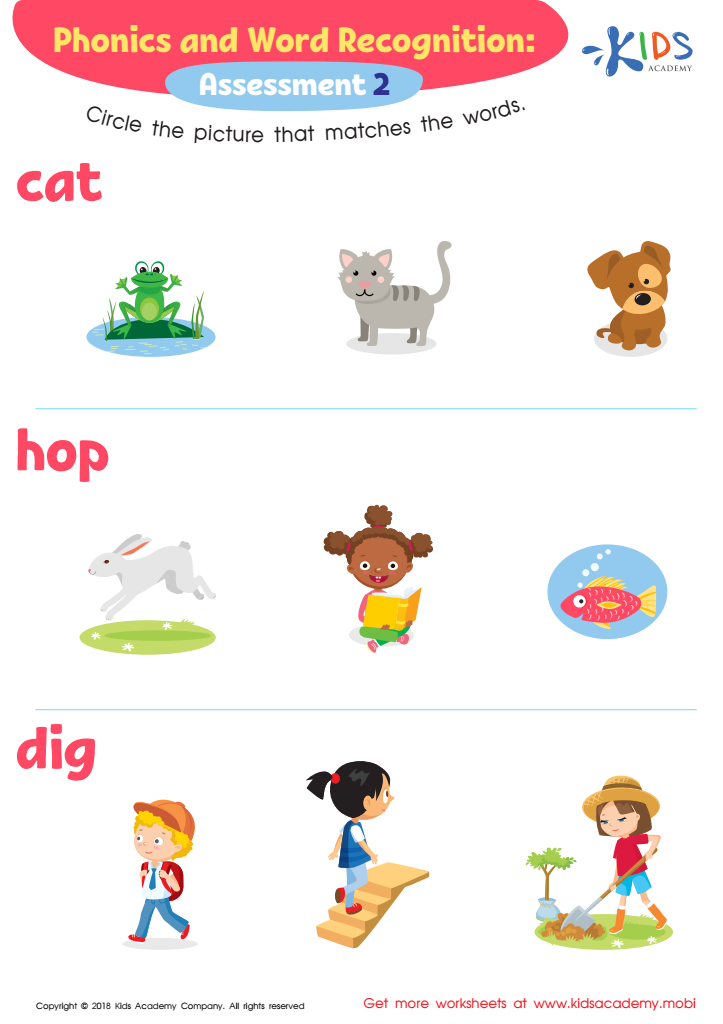

Phonological Awareness: Assessment 2 ELA Worksheet
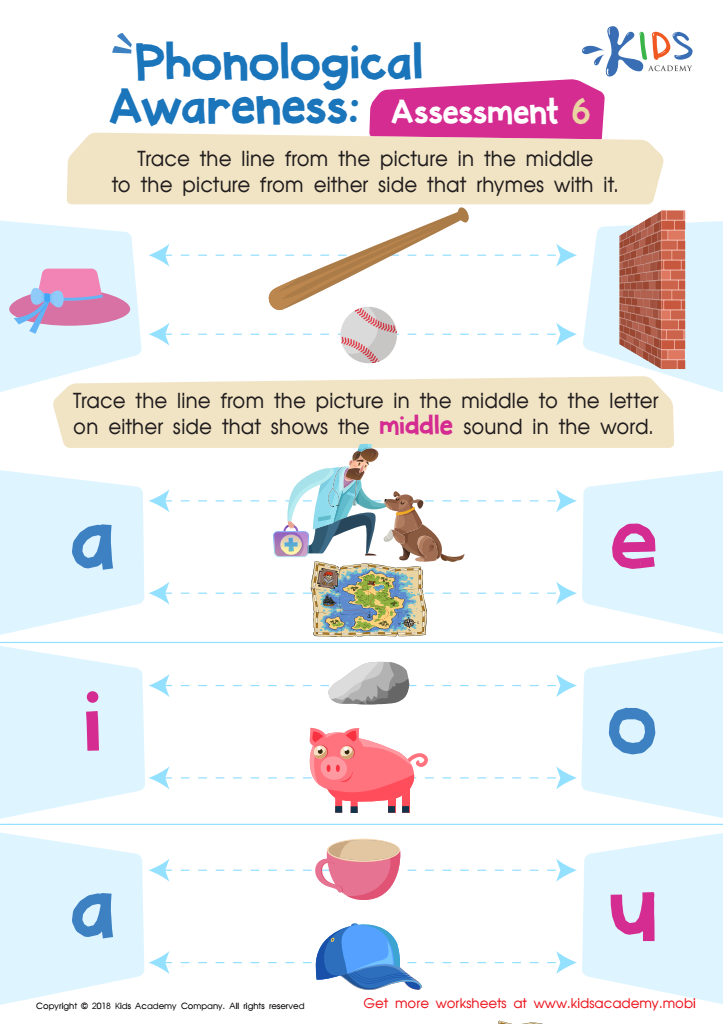

Phonological Awareness: Assessment 6 Worksheet
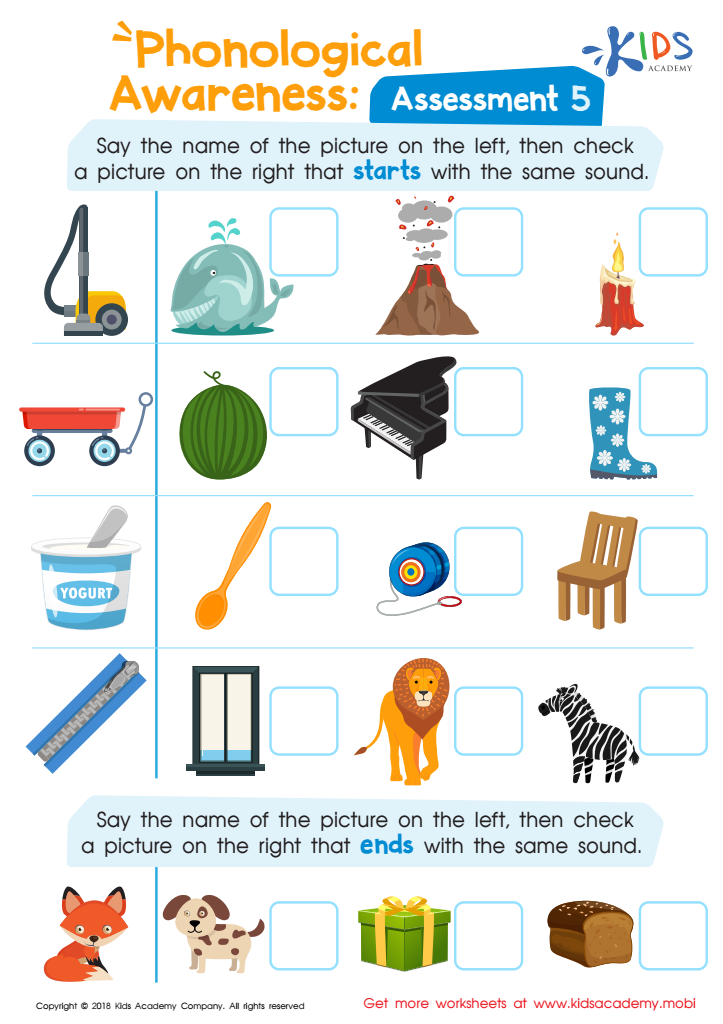

Phonological Awareness: Assessment 5 Worksheet
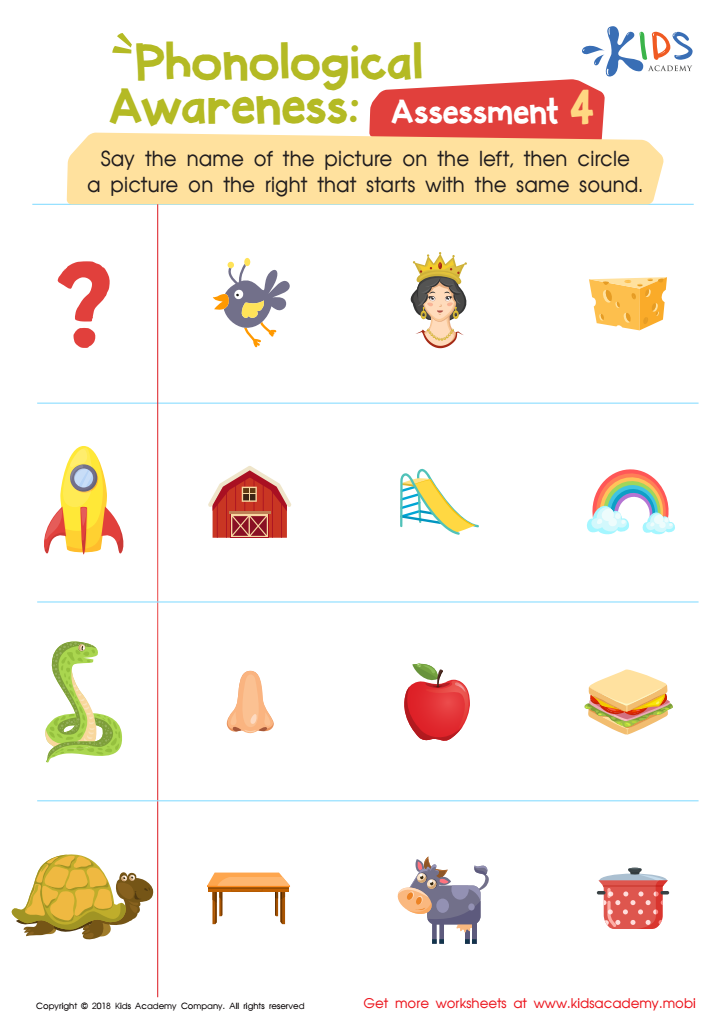

Phonological Awareness: Assessment 4 Worksheet
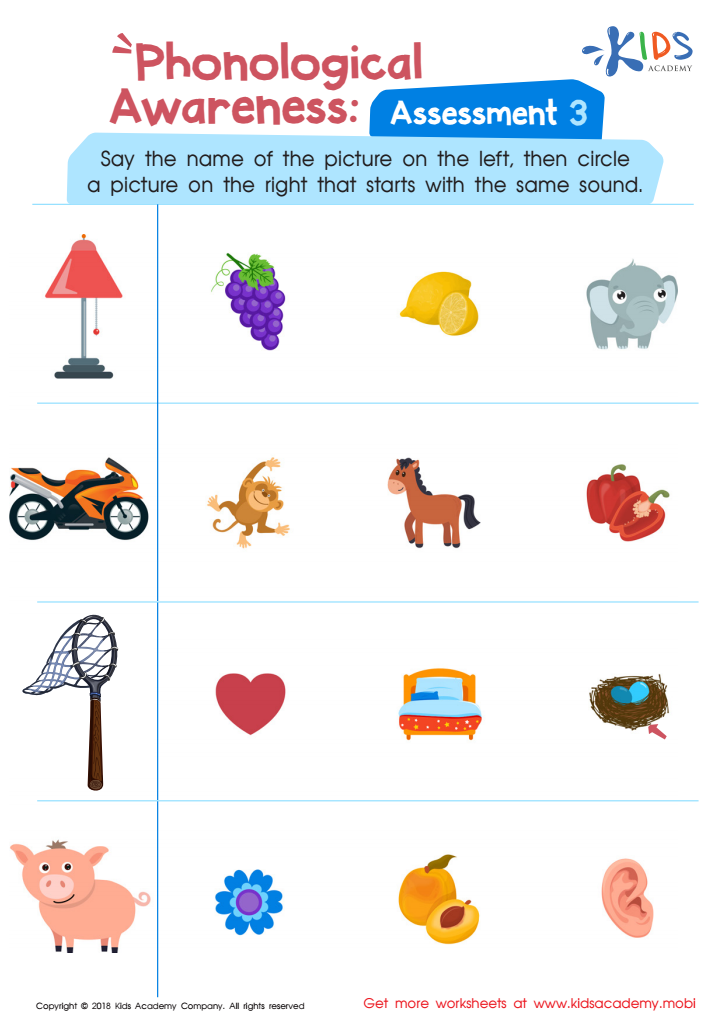

Phonological Awareness: Assessment 3 Worksheet
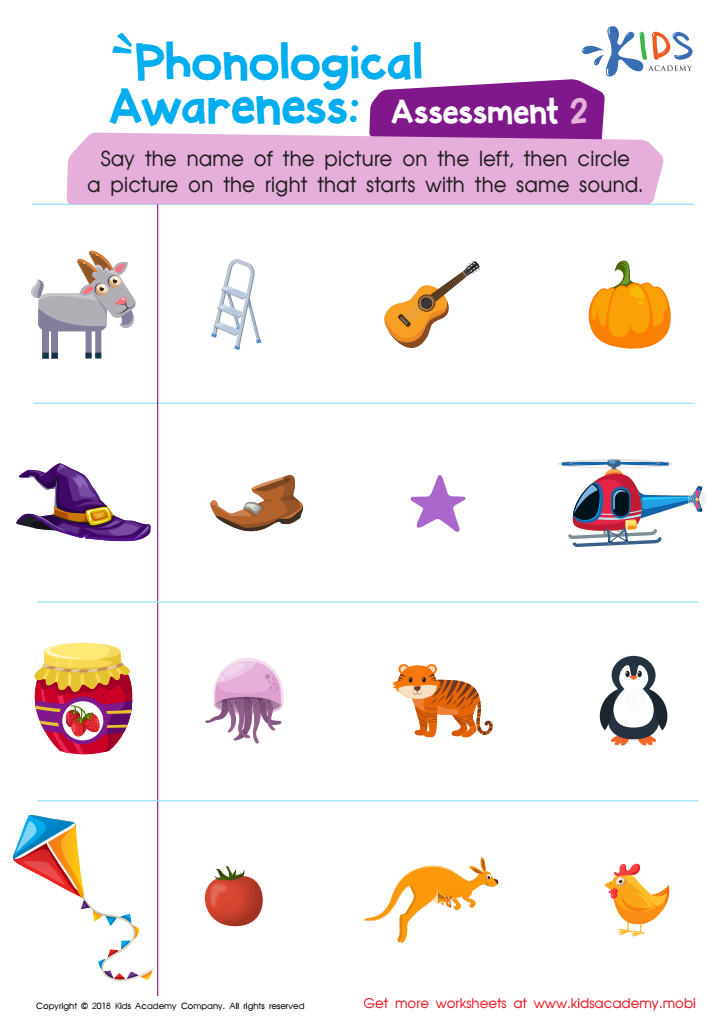

Phonological Awareness: Assessment 2 Worksheet


Phonological Awareness: Assessment 1 Worksheet


Phonics and Word Recognition: Assessment 1 Worksheet
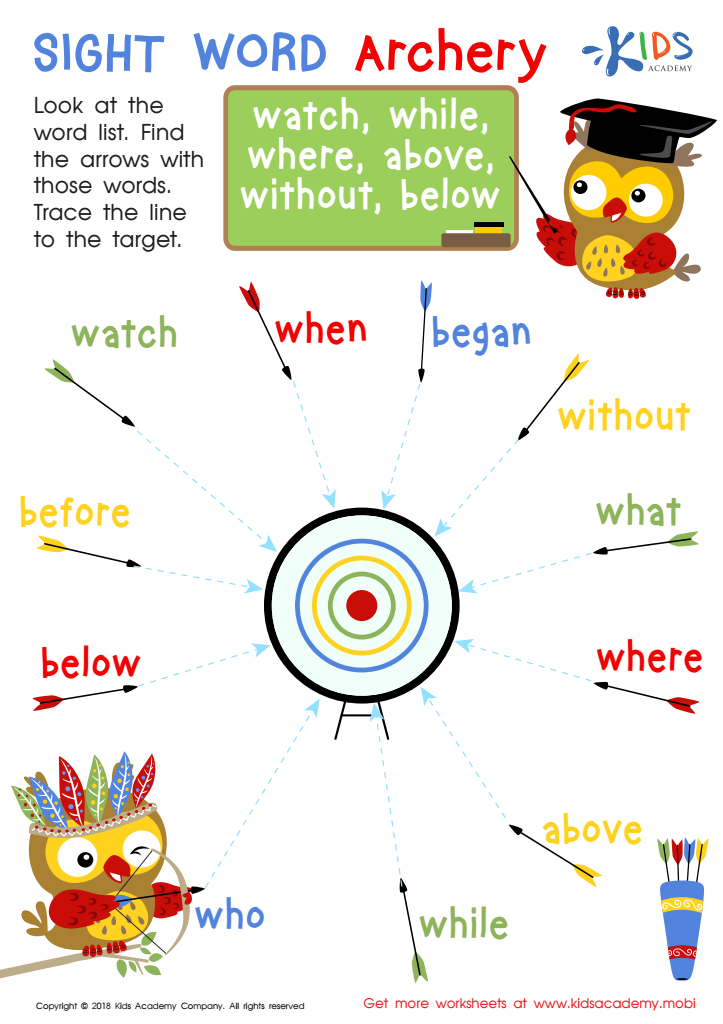

Sight Word Archery Worksheet
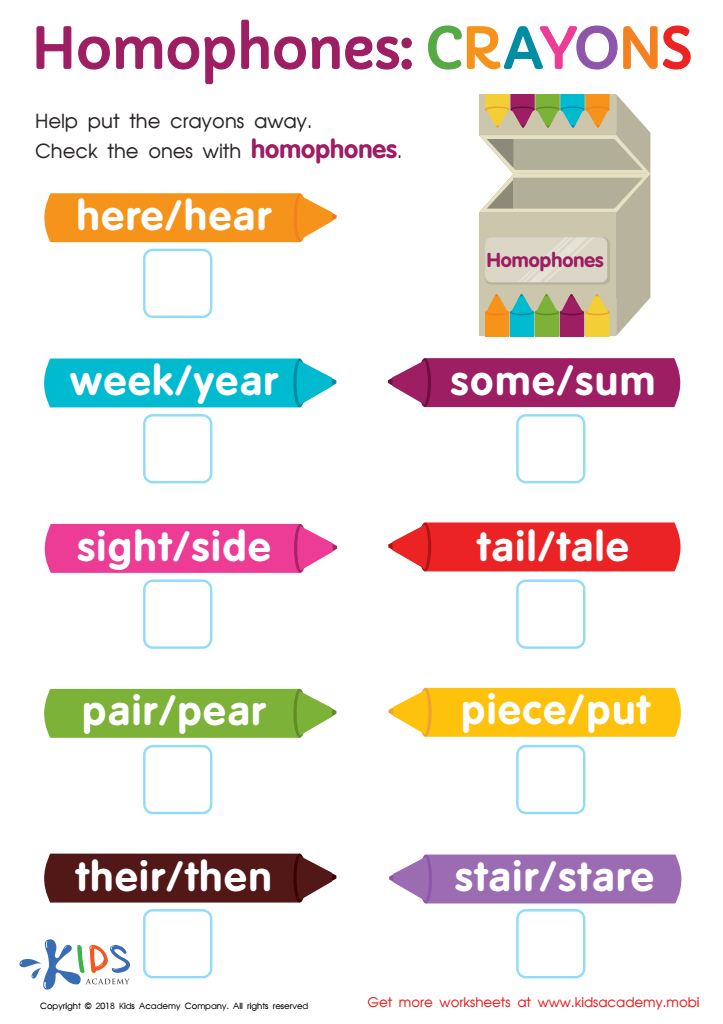

Homophones: Crayons Worksheet
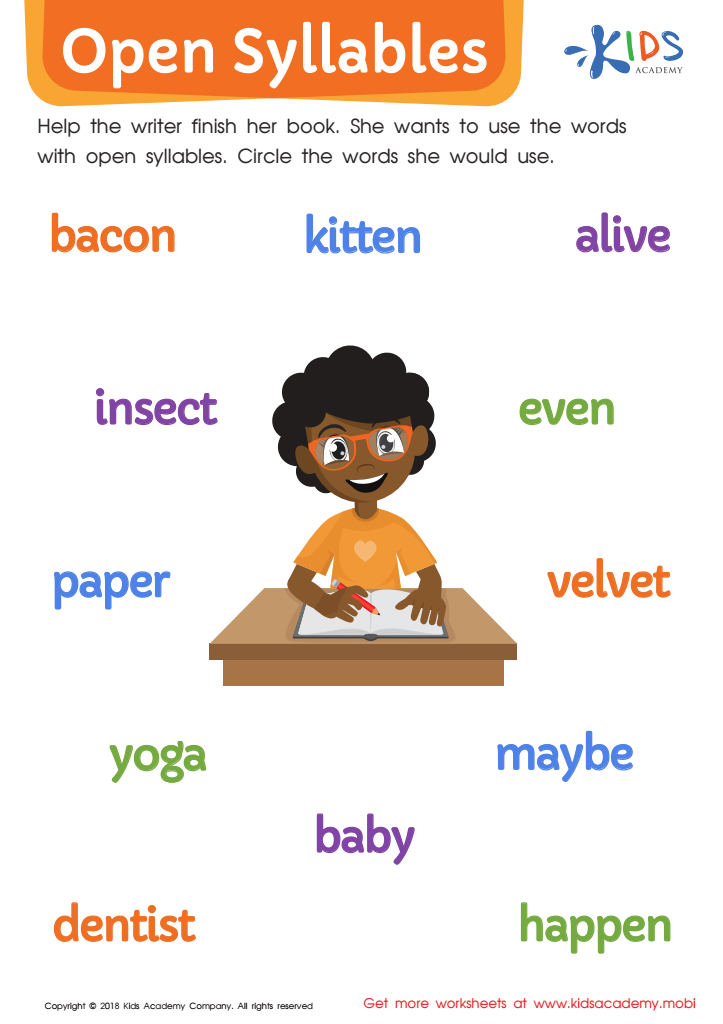

Open Syllables Worksheet
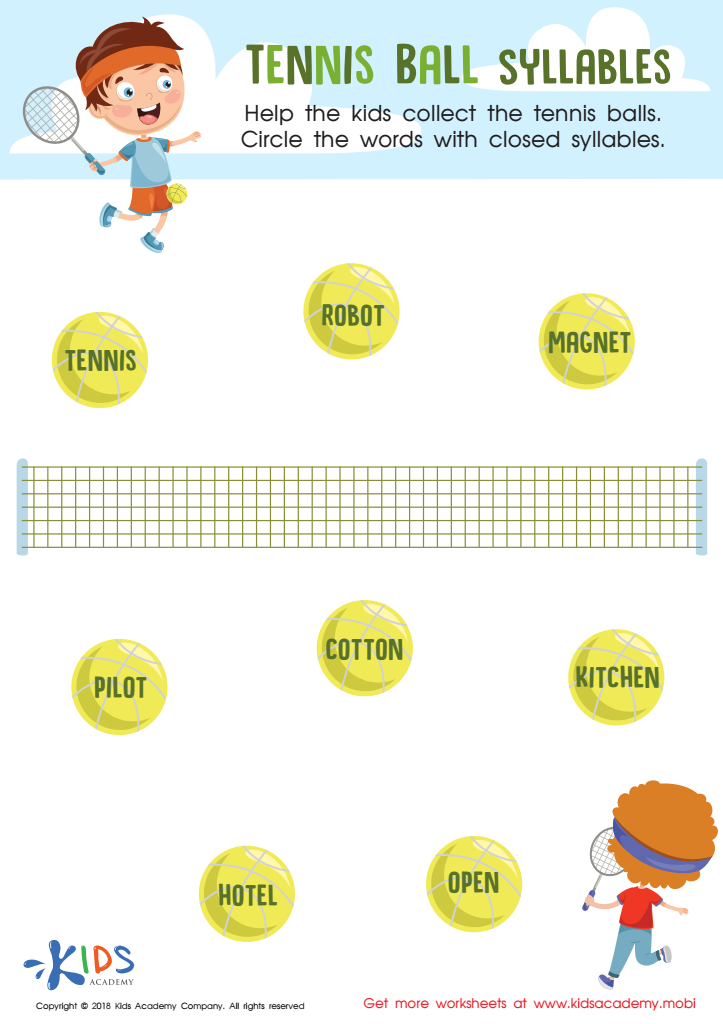

Tennis Ball Syllables Worksheet
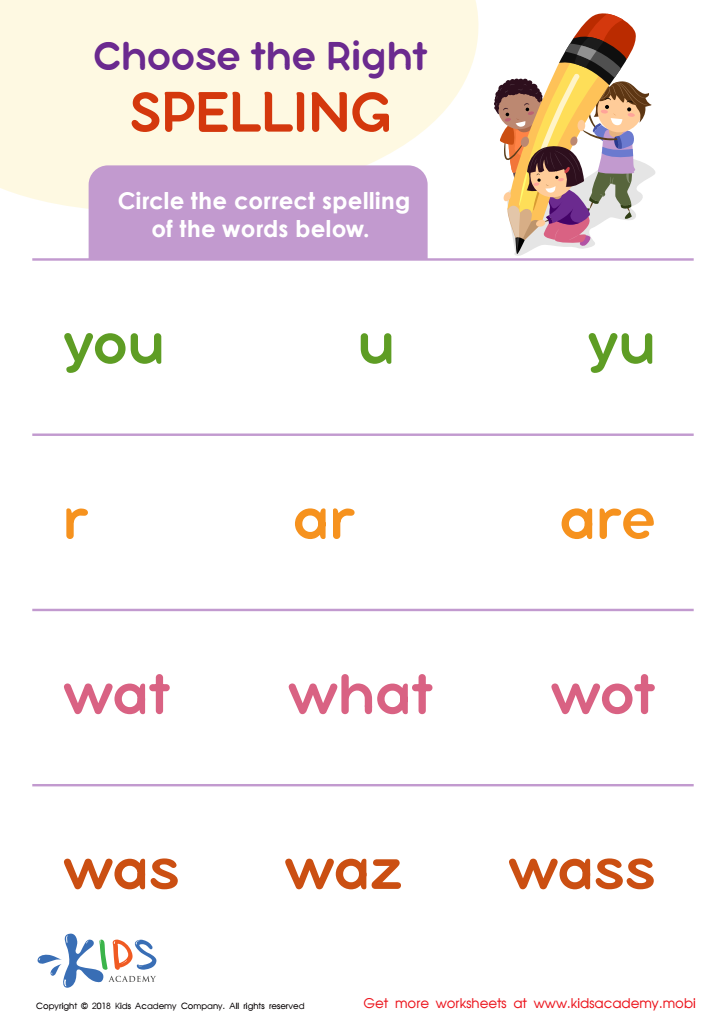

Choose the Right Spelling Worksheet
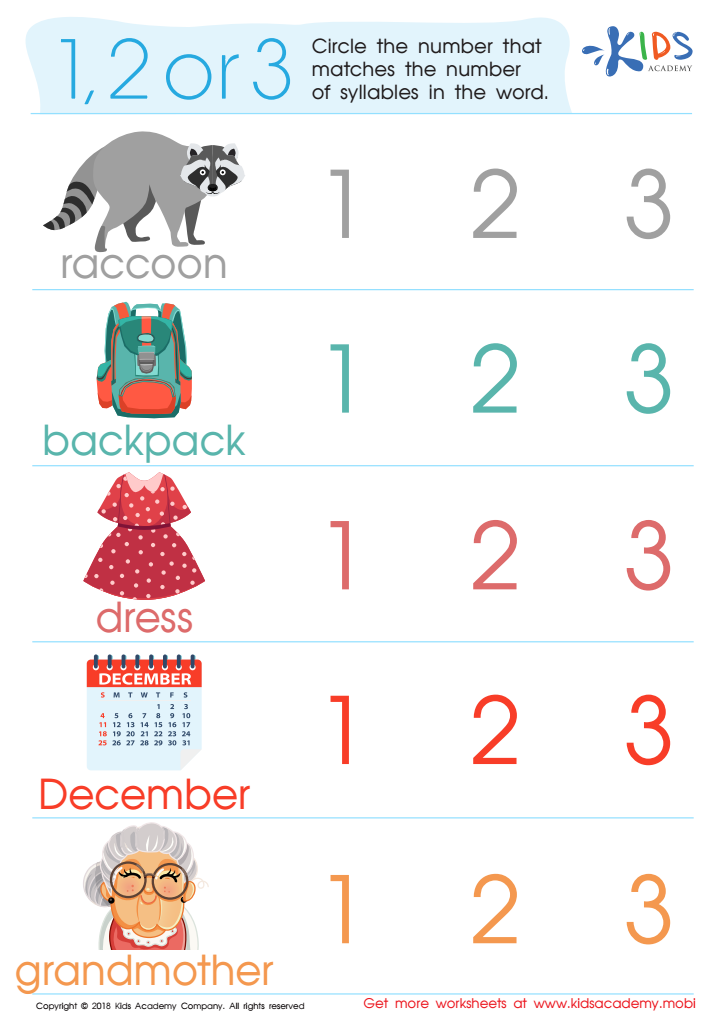

1, 2 or 3? Worksheet
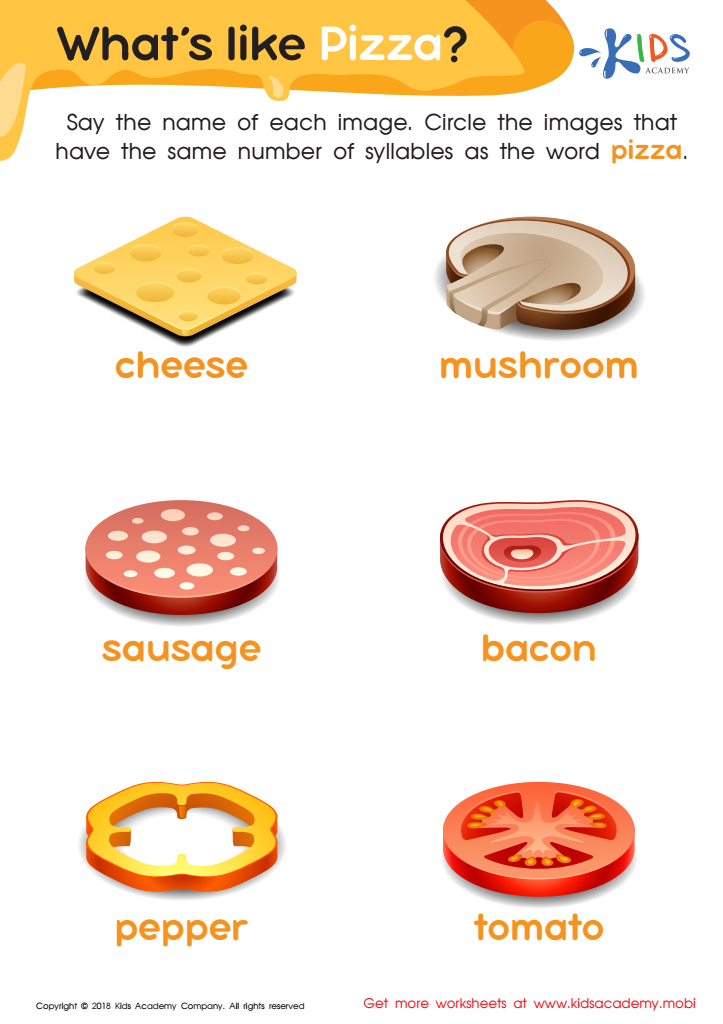

What's Like Pizza? Worksheet
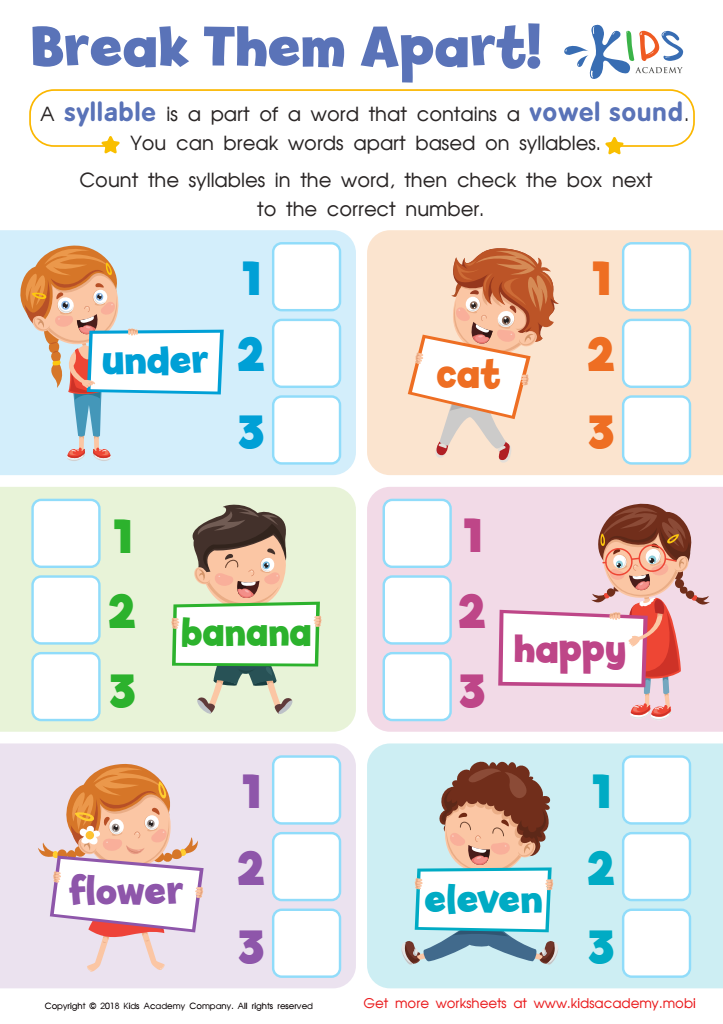

Reading: Break Them Apart Worksheet
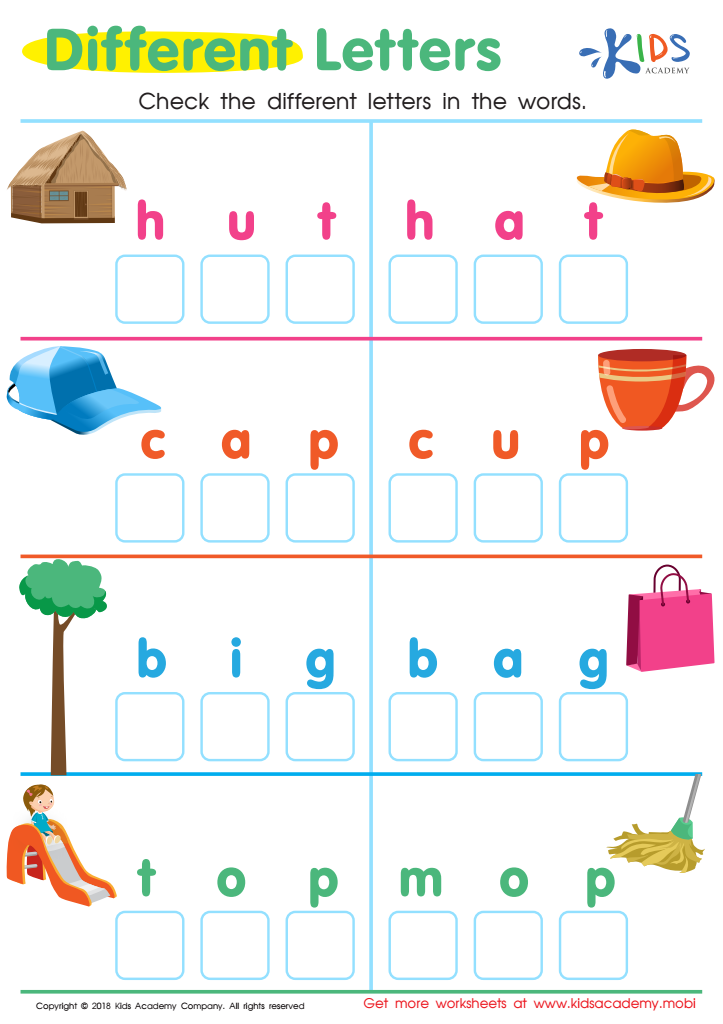

Different Letters Reading Worksheet
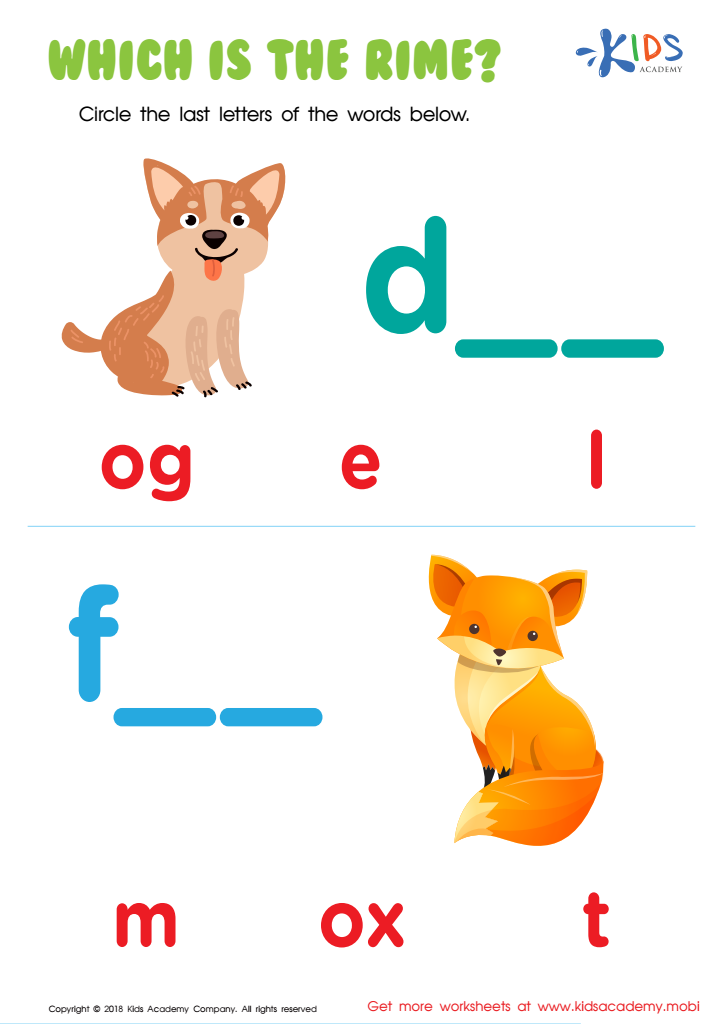

Which Is the Rime? Worksheet
Fostering elementary phonics skills in children aged 4-8 is crucial for their literacy and academic growth. Phonics forms the foundational building blocks for reading and writing by teaching children the relationship between letters and sounds. This early understanding is vital, as it helps children decode words, enabling them to read independently and fluidly. Phonics enhances vocabulary development, comprehension, and spelling skills, setting the stage for future academic success.
Parents and teachers who emphasize phonics provide children with the tools to become confident readers. Early phonics instruction can prevent reading difficulties that may persist and impede overall academic progress if not addressed during these formative years. By systematically teaching phonics, educators help children recognize patterns and develop essential cognitive skills, such as critical thinking and problem-solving.
Moreover, phonics instruction boosts self-esteem and engagement in young learners. When children succeed in reading, they often experience a love for books and learning, promoting lifelong literacy habits. In summary, focusing on elementary phonics during the ages of 4-8 positions children for success by equipping them with crucial reading skills, fostering a confident learner's mindset, and instilling a joy for education that extends beyond the classroom.

 Assign to the classroom
Assign to the classroom







